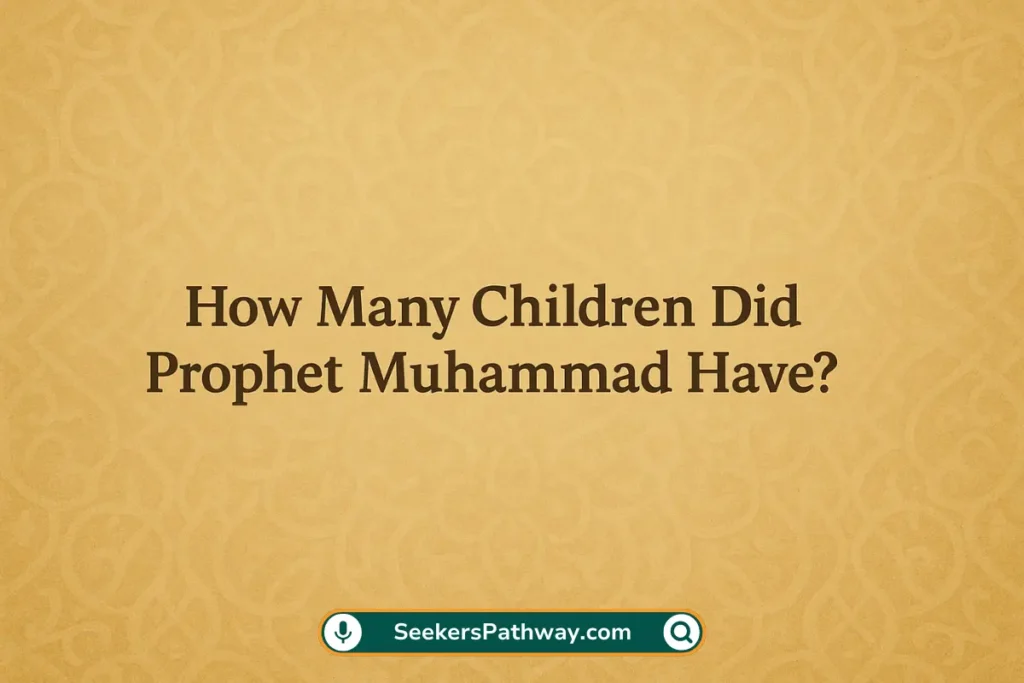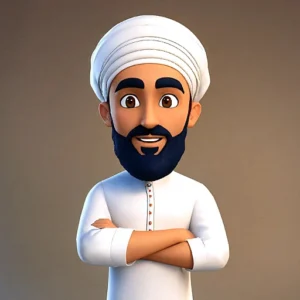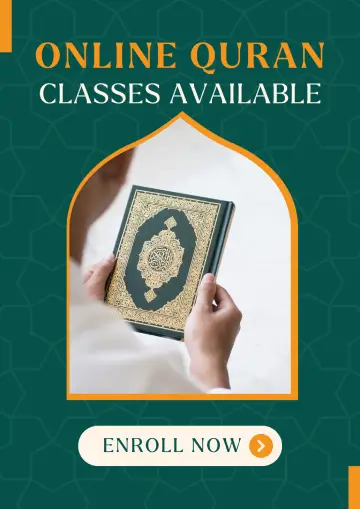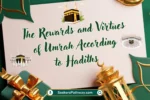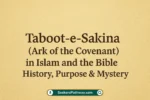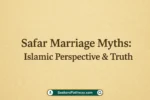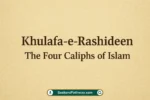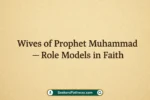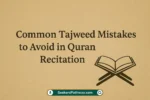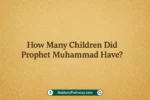Prophet Muhammad ﷺ had seven children in total — three sons and four daughters. All of his children were born from his first and beloved wife, Hazrat Khadija bint Khuwaylid (RA), except for one son.
Summary:
| Gender | Names | Mother | Lived Till |
|---|---|---|---|
| Sons | Qasim, Abdullah, Ibrahim | Qasim & Abdullah: Khadija (RA), Ibrahim: Maria al-Qibtiyya (RA) | All passed away in childhood |
| Daughters | Zaynab, Ruqayyah, Umm Kulthum, Fatimah | Khadija (RA) | All reached adulthood except Umm Kulthum, who died shortly after marriage |
Prophet Muhammad’s Sons
1. Qasim ibn Muhammad
- He was the first son of the Prophet ﷺ.
- Born in Makkah.
- He passed away in infancy.
- Because of him, the Prophet ﷺ was sometimes called Abul Qasim (father of Qasim).
2. Abdullah ibn Muhammad
- Also known as Tayyib or Tahir.
- He, too, passed away in early childhood in Makkah.
- Like his brother Qasim, Abdullah was from Hazrat Khadija (RA).
3. Ibrahim ibn Muhammad
- Born in Madinah to Maria al-Qibtiyya (RA), a respected wife and gift from the ruler of Egypt.
- He passed away at 16 or 18 months old.
- The Prophet ﷺ wept over his death and said:
“The eyes are shedding tears and the heart is grieved, and we will not say except what pleases our Lord.”
(Sahih Bukhari, Hadith 1303)
Did Prophet Muhammad Have Any Sons Who Lived to Adulthood?
No, all sons of the Prophet Muhammad ﷺ died in early childhood. None of them survived into adulthood, a test that the Prophet ﷺ bore with patience and submission to Allah.

Prophet Muhammad’s Daughters
1. Zaynab bint Muhammad
- Eldest daughter.
- Married to Abu al-As ibn al-Rabi.
- She accepted Islam early and faced hardships due to the conflict between Makkah and Madinah.
- Passed away in 8 AH.
2. Ruqayyah bint Muhammad
- Married to Uthman ibn Affan (RA).
- Migrated to Abyssinia and later to Madinah.
- Passed away during the Battle of Badr.
3. Umm Kulthum bint Muhammad
- After Ruqayyah’s death, she also married Uthman ibn Affan (RA).
- She passed away in 9 AH.
- Because of this, Uthman (RA) earned the title “Dhul-Nurayn” (The Possessor of Two Lights).
4. Fatimah bint Muhammad
- The youngest and most beloved daughter.
- Married to Ali ibn Abi Talib (RA).
- Mother of Hasan and Husayn (RA) — the leaders of the youth of Paradise.
- She passed away six months after the Prophet ﷺ.
Frequently Asked Questions (FAQs)
Q1. Did Prophet Muhammad have children with Aisha (RA)?
No, Prophet Muhammad ﷺ did not have any children with Aisha (RA). All his children were born from Hazrat Khadija (RA), except Ibrahim, who was from Maria al-Qibtiyya (RA).
Q2. How Many Daughters of the Prophet Muhammad?
The Prophet ﷺ had four daughters. All of them embraced Islam and faced various trials with patience. The Prophet ﷺ held great affection for them and often emphasized good treatment of daughters, saying:
“Whoever has three daughters and takes good care of them will surely enter Paradise.”
(Sunan Ibn Majah, 3669)
Q3. How Many Sons of the Prophet Muhammad (PBUH)?
He had three sons — Qasim, Abdullah, and Ibrahim. All of them passed away in early childhood, which was a great personal loss for the Prophet ﷺ.
Q4. Why Did All the Sons of Prophet Muhammad Die Young?
This is from the divine wisdom of Allah. The Prophet ﷺ was not sent to leave behind a dynasty of kings or political heirs. Allah says in the Qur’an:
“Indeed, We have granted you Al-Kawthar (abundance). So pray to your Lord and sacrifice. Indeed, your enemy is the one cut off.”
(Surah Al-Kawthar 108:1–3)
This Surah came after his enemies mocked him for having no surviving sons, thinking his legacy would vanish. But Allah promised the eternal spiritual legacy of the Prophet ﷺ would flourish.
